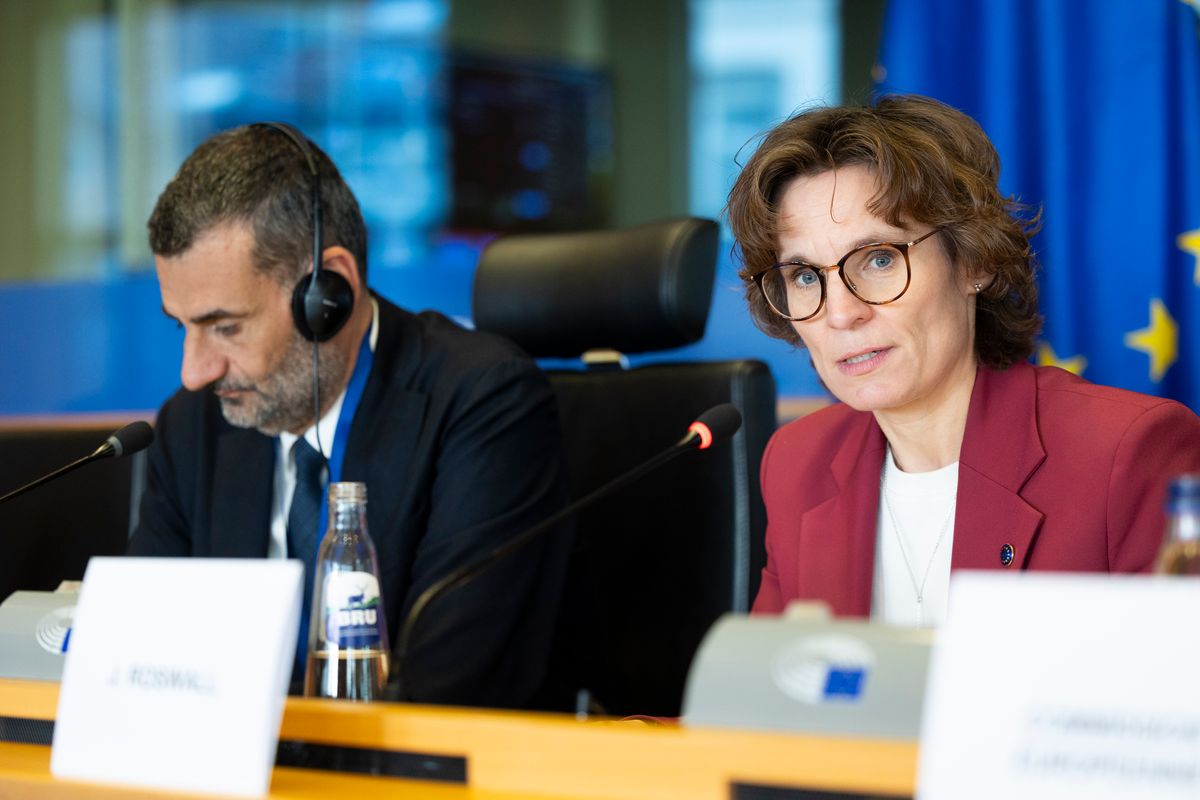Technical issues hampering enforcement of EU’s new anti-deforestation rules (EUDR) won’t be fixed before the end of the year, EU Commissioner Jessika Roswall told MEPs in a closed-door meeting on Wednesday.
That means a one-year delay to rules requiring companies to prove that imports of cocoa, coffee, palm oil, beef, timber, and rubber do not contribute to deforestation is becoming increasingly likely, according to sources close to the discussions.
Roswall met with the coordinators of the Parliament’s Environment Committee (ENVI) late on Wednesday afternoon, the first time they had met since she announced plans to postpone the enforcement of the rules into 2026.
The Swedish commissioner told Euractiv as she left Parliament that she had held a “good informal discussion” with MEPs. However, when asked about the timeline to formally present a legal proposal to delay EUDR enforcement, she said the matter had not yet been discussed.
A delay to the rules would require re-negotiating the text with the Council and MEPs, who are expected to push for additional changes to the regulation – notably to exempt EU foresters and farmers.
According to the same sources, the EPP pressed for such measures during the meeting with Roswall.
Some inside the Commission are concerned about agreeing to changes.
Speaking at a press conference on Monday, Commission Executive Vice-President Teresa Ribera stressed that Brussels should avoid reopening the regulation and instead explore alternative options.
Ribera resists EU environment chief’s bid to reopen anti-deforestation rules
Brussels should avoid reopening the EU’s anti-deforestation law, Commission Vice-President Teresa Ribera warned on Monday,…
2 minutes

The Commission has insisted that the delay is purely technical.
Sara Matthieu, the Green coordinator in ENVI, slammed what she described as the Commission’s “genuine amateurism” in failing to deliver a robust IT system three years after the law was adopted.
“The first priority is to deploy additional resources and personnel now to resolve those problems as quickly as possible,” she added. “Delay is not an option.”
(jp, adm)

